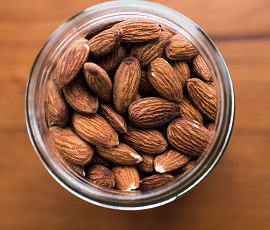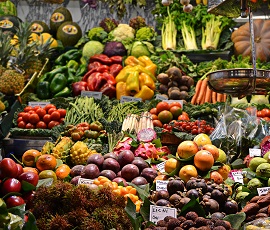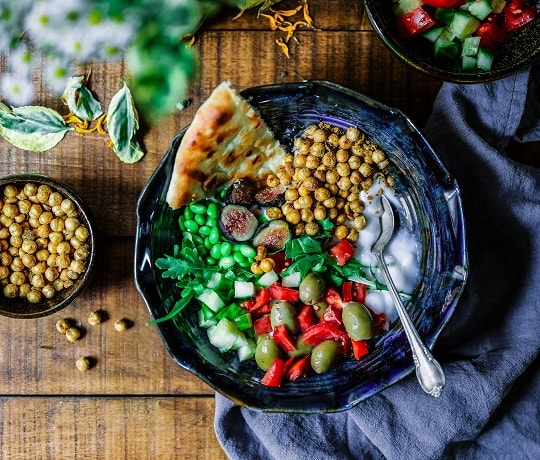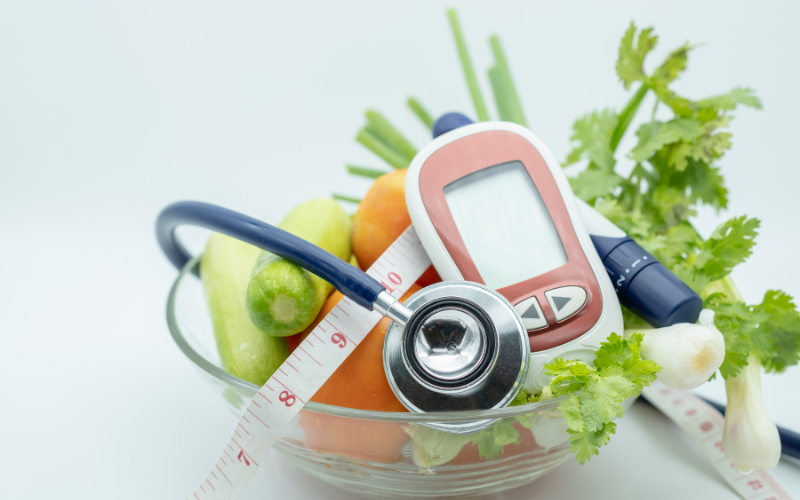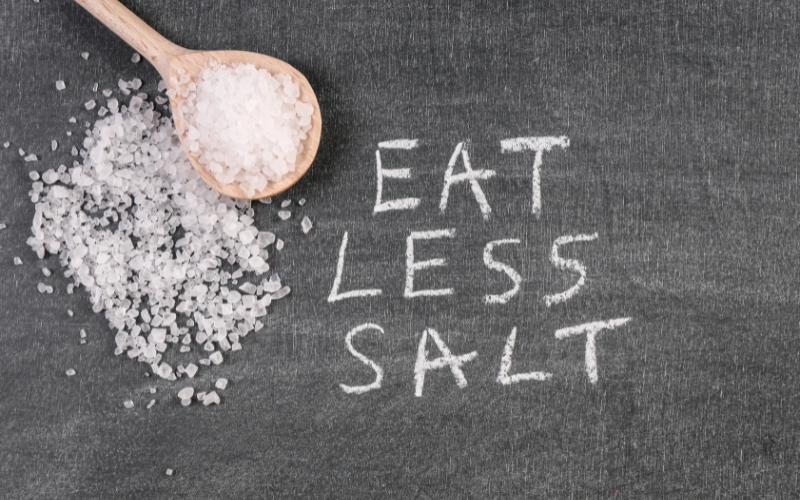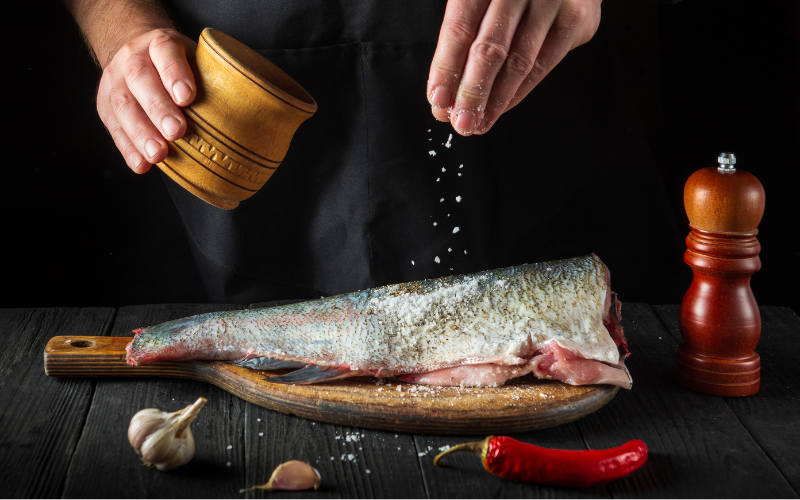Can plant-based eating protect you from COVID-19?
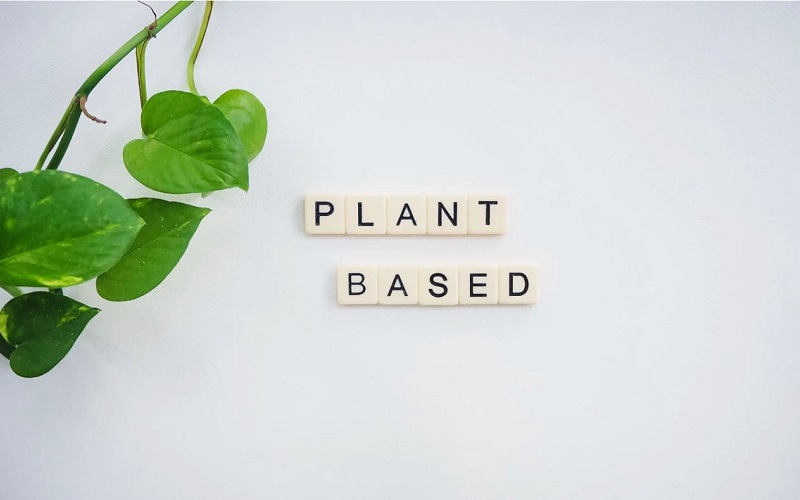
Since the start of this pandemic, and as coronavirus panic has escalated, there have been many touted treatments and cures. Some may have a scientific basis, though there are numerous bogus or downright dangerous ones as well.
One of the latest claims to capture headlines in the media is from well-regarded scientist Dr T. Colin Campbell who has drawn on his previous research to say that eating a plant-based diet is protective against COVID-19. Could this be true?
It’s all in the immune response
Dr Campbell’s previous work has focussed on the role of nutrition in virus activity. His acclaimed research has shown:
- people consuming more plant foods had more antibodies; and
- people consuming more animal protein had fewer antibodies.
Dr Campbell has not studied COVID-19 itself, so from the outset we can say that there’s no scientific proof of his claims, even if they do hold true for certain other viruses such as hepatitis B.
The key point that he makes is that all viruses share some common traits; namely that they invade us, and as a result our immune system must mount a defence against the attack. This comes in the form of making specific antibodies - the more antibodies your body can produce against a virus, the better and swifter your defeat of it.
He postulates that if eating more vegetables, more fibre and more plant proteins is effective in fighting other disease, why not for COVID-19 also?
Plant power – 5 other health benefits of eating more plants
Plants may just be the secret weapon in the fight against coronavirus. If so, you hardly need more reasons to eat them. The science is clear though, diets high in the consumption of fruits, vegetables, whole grains, legumes and nuts can:
- Improve cardiovascular health
- Have a positive impact on sleep quality
- Lower the risk for several chronic diseases (such as cancer and type 2 diabetes)
- Help prevent the development of obesity related metabolic diseases
- Be beneficial in the prevention and treatment of cardiovascular disease, hypertension, diabetes, osteoporosis, renal disease, dementia, gallstones and rheumatoid arthritis!
How to get started with plant-based eating
One easy way to start is to go for a weekly strategy such as Meatless Monday or only eating meat on weekends.
On a practical level, it’s just a question of substitution. Swap out the meat or animal product option for the vegetarian or vegan one. Here are some examples:
- For breakfast, make it Tofu Scramble instead of scrambled eggs.
- For lunch, opt for Vege Lasagne over the meat based one.
- Dinner is just as delicious when it’s Bombay Burrito or Lentil Burgers instead of the beef or chicken versions.
- Between meals, ditch the cheese and salami and go for any of these high protein, natural vegan snacks
If you don’t have time to plan ahead or cook, just keep a stash of vegetarian meals from Dietlicious in the freezer to fall back on. You’ll be getting a meal that’s delicious, healthy, made from all natural wholefood ingredients and it’s already done for you.
But if you think that a fast food, plant-based burger is the way to go, then you might change your mind after reading this: Plant-based meat: not all it’s beefed up to be
Final recommendation
So, a plant-based diet can’t prevent you contracting coronavirus but it could strengthen your immune system to effectively fight it and lessen your symptoms. Our recommendation: eat more plants but don’t stop wearing that face mask just yet…
Image credit: Vegan Liftz

